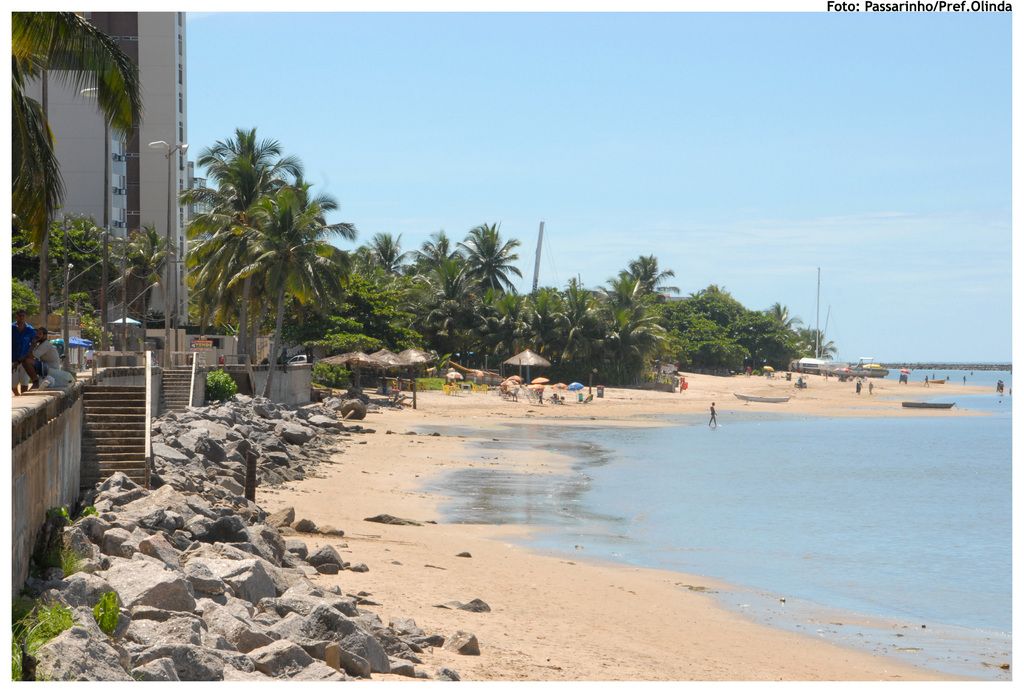Prolongation of Oil Supply Restriction by Putin Lasts Through End of Year
Title: Lowering the Swords: EU Takes Aim at Russian Oil Again
Here's the scoop! The European Union is pushing for a new price cap on Russian seaborne oil, dropping it from $60 per barrel to a sharper $45. This move, announced by EC President Ursula von der Leyen, is part of the EU's ongoing mission to thwart Putin's war chest, cutting off a significant revenue artery for the Kremlin.
The plan isn't just about a price drop; it's a multi-pronged attack. Besides the lowered cap, the EU is also set to prohibit imports of refined oil products derived from Russian crude that have been processed overseas. This is all about blocking indirect entries of Russian oil into the European market.
But that's not the end of the story! The 18th package of EU sanctions against Russia is packed with more wallops. It's targeting Russian banks and ships accused of being part of Russia's "shadow fleet," engaging in sabotage and such. Plus, it's aiming to cut off transactions involving the Nord Stream 1 and Nord Stream 2 pipelines—two pipelines that have been standing idle since the conflict erupted.
So there you have it folks, the EU is taking a heavy hit at Russia's economy, aiming to isolate the Kremlin economically in response to its actions in Ukraine. Stay tuned for more updates at our Telegram channel @expert_mag. Keep your eyes on the prize!
Want more insights? Here's a quick rundown:
- Details on the Proposed Price Cap Adjustment: EU aims to lower the price cap on seaborne Russian oil from $60 to $45 per barrel as part of its campaign to diminish Russia's oil revenues.
- Ban on Refined Oil Products from Russian Crude: The EU intends to prohibit imports of refined oil products made from Russian crude, processed overseas, to block indirect entries of Russian oil in the EU market.
- Expanded Blacklist: The EU's 18th package includes extending the blacklist to include more Russian banks and "shadow fleet" vessels.
- Ban on Nord Stream Pipelines: The EU plans toprohibit transactions involving the Nord Stream 1 and Nord Stream 2 pipelines, aligning with Germany's decision not to restart gas transit after the conflict subsides.
- The recent move by the European Union involves not only lowering the price cap on seaborne Russian oil, but also banning imports of refined oil products derived from Russian crude that have been processed overseas, as part of an effort to significantly reduce Russia's oil revenues in the finance industry and isolate the Kremlin economically.
- In addition to the price drop, the European Union is targeting the energy sector by aiming to cut off transactions involving the Nord Stream 1 and Nord Stream 2 pipelines, and is also planning to expand its blacklist to include more Russian banks and "shadow fleet" vessels in the industry and politics sectors.
- Staying informed about general-news, we observe that the ongoing war in Ukraine has led to a multi-pronged attack by the EU on Russia's financial resources, with the latest move being the proposed price cap adjustment, ban on refined oil products, and expansion of the blacklist, all designed to hinder Russia's energy exports and revenue.





